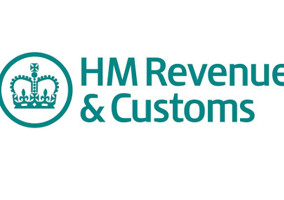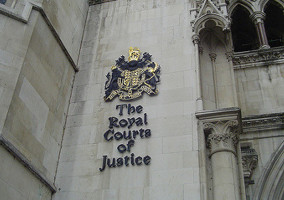HM Revenue and Customs has told social care providers to resume self-assessments of a potential £400m back-pay liability despite a landmark court case.
Charities have said that HMRC is "jumping the gun" by doing this, as a recent court ruling calls into question whether providers are still liable to pay any money.
On 13 July, the Court of Appeal reversed an Employment Tribunal judgment against Mencap, which had ruled that sleep-in shift workers should be paid the full minimum wage instead of a flat-rate for each shift, which is common practice in the sector.
Before the appeal hearing, HMRC had demanded social care providers back-pay any sleep-in shift workers that had not been paid the full minimum wage for up to six years, which many providers warned could bankrupt them.
In November last year, HMRC launched a scheme whereby employers self-assess their back-pay liability over the following 12 months then pay all arears to workers within three months after that.
An estimated 1,000 social care organisations signed up to the government’s Social Care Compliance Scheme (SCCS), about 400 of which are charities.
Last month, following the Court of Appeal decision, HMRC emailed employers signed up to the SCCS, advising them that they could suspend their self-review pending further advice from HMRC.
But today HMRC has instructed employers to continue assessing their back-pay liability to historically underpaid workers and pay all arrears under the same terms as before.
An email seen by Civil Society News says: “HMRC have decided that it is appropriate to continue to operate the Social Care Compliance Scheme (SCCS) allowing participating employers to complete a self-review, taking the judgement into consideration, and make a declaration to HMRC.
“All original timeframes and requirements of the scheme remain in place.”
The email tells providers they must pay “any sleeping time arrears” to workers within three months of returning to HMRC their declaration of their back-pay liabilities or by 31 March 2019, whichever is sooner.
HMRC has yet to respond to a Civil Society News request asking for clarification on whether it still thinks social care providers have a sleep-in shift back-pay liability to assess.
But the email does say that the Department for Business, Energy & Industrial Strategy (BEIS) are currently reviewing their guidance, which states that sleep-in staff should be paid the full minimum wage.
It says providers signed up to the SCCS will be issued an updated employer guide once the revised BEIS guidance is published “in due course”.
A government spokeswoman said it the SCCS would continue so that care providers can identify and pay "any remaining sleep-in shift pay which falls outside of the Court of Appeal judgment and other NMW arrears".
She added: “We are updating guidance to provide clarity for workers and employers, following the judgment made by independent judges in the Court of Appeal case.
“Any worker who is unsure if they are being paid correctly should speak to their employer or contact Acas for independent advice and support.”
'Jumped the gun'
Voluntary Organisations Disability Group chair Steve Scown said: “The sector is waiting for official guidance from the Department of Business, Energy and Industrial Strategy.
"We have worked with officials to inform the development of policy options yet are today surprised to learn that providers are opening a confusing communication from HMRC.
"Providers expect clarity not uncertainty from HMRC. We are calling on government to explain why HMRC have jumped the gun and acted before BEIS have issued official guidance.”
Emma Burrows, partner at Trowers and Hamlins, said: "The decision of HMRC is surprising.
"Charities will have to consider how they deal with this development, and the long term implications if the UNISON appeal is successful. It is positive that we can expect revised guidance from BEIS shortly."
|
Related articles












